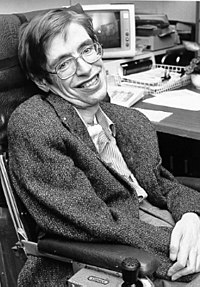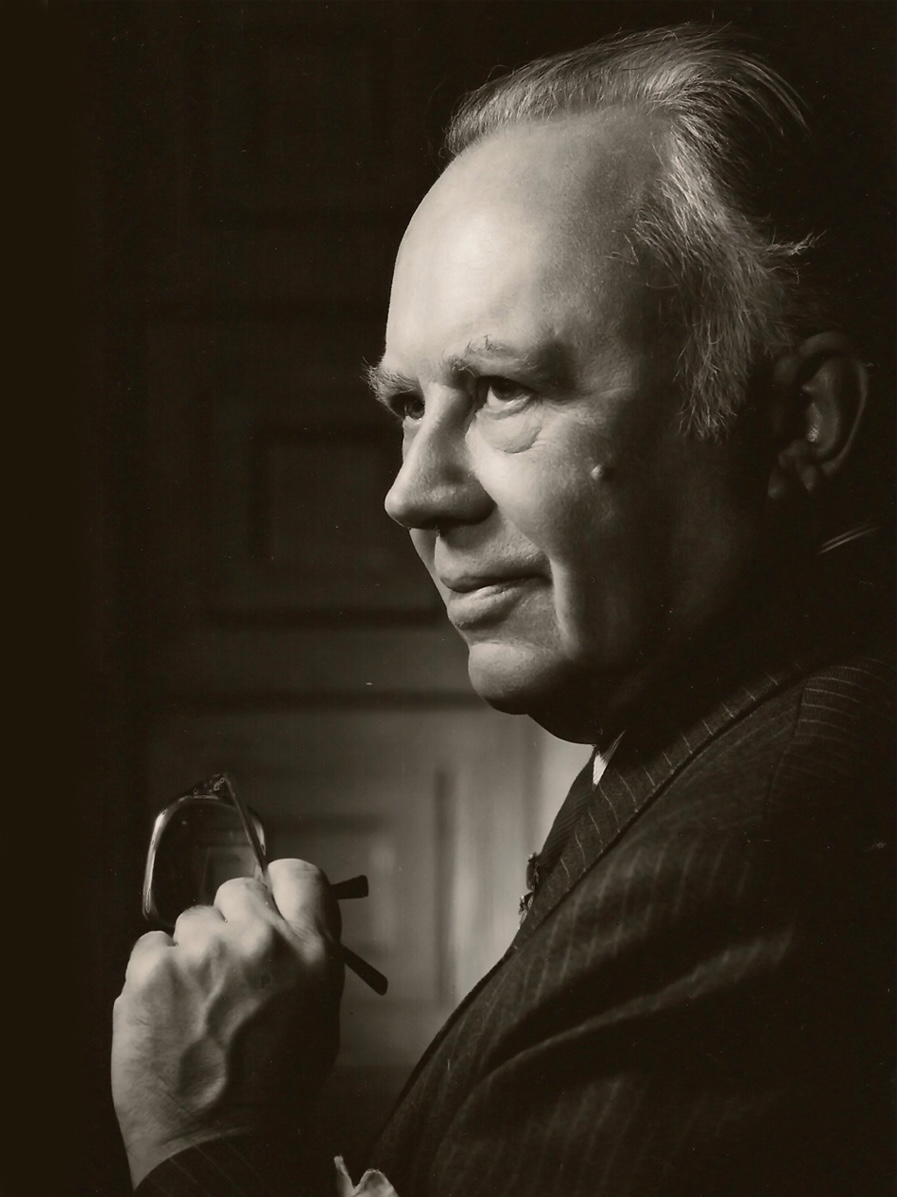 The Einstein of the Modern Era
The Einstein of the Modern EraFrom Wikipedia:
Stephen William Hawking, CH, CBE, FRS, FRSA (born 8 January 1942) is a British theoretical physicist, whose scientific career spans over forty years. His books and public appearances have made him an academic celebrity and he is an Honorary Fellow of the Royal Society of Arts,[2] a lifetime member of the Pontifical Academy of Sciences,[3] and in 2009 was awarded the Presidential Medal of Freedom, the highest civilian award in the United States.[4]
Hawking was the Lucasian Professor of Mathematics at the University of Cambridge for thirty years, taking up the post in 1979 and retiring on 1 October 2009.[5][6] He is also a Fellow of Gonville and Caius College, Cambridge and a Distinguished Research Chair at the Perimeter Institute for Theoretical Physics in Waterloo, Ontario.[7] He is known for his contributions to the fields of cosmology and quantum gravity, especially in the context of black holes. He has also achieved success with works of popular science in which he discusses his own theories and cosmology in general; these include the runaway best seller A Brief History of Time, which stayed on the British Sunday Times bestsellers list for a record-breaking 237 weeks.[8][9]
Hawking's key scientific works to date have included providing, with Roger Penrose, theorems regarding singularities in the framework of general relativity, and the theoretical prediction that black holes should emit radiation, which is today known as Hawking radiation (or sometimes as Bekenstein-Hawking radiation).[10]
Hawking has a neuro-muscular dystrophy that is related to amyotrophic lateral sclerosis (ALS), a condition that has progressed over the years and has left him almost completely paralysed.
Science in the New Millenium
Stephen Hawking Asks Big Questions about the Universe
Stephen Hawking's Public Lectures
Professor Hawking's Website



